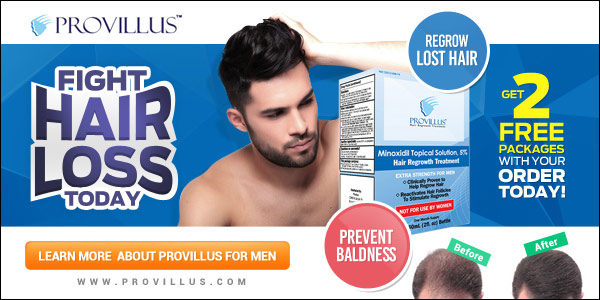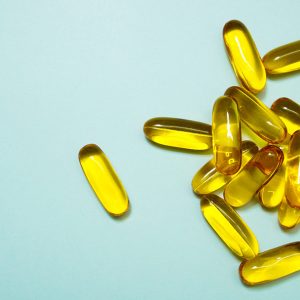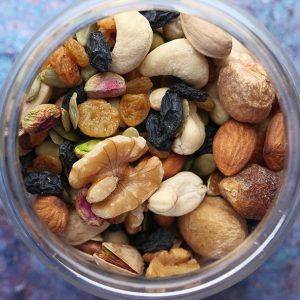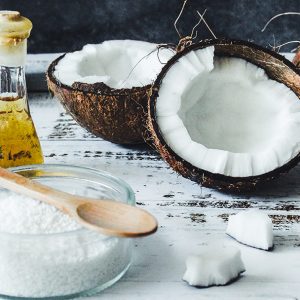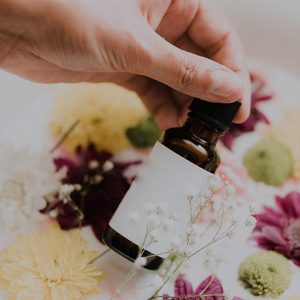Our hair naturally sheds some strands each day, which is a regular physiological process and does not lead to significant hair loss. However, some individuals experience severe hair loss, where the rate of hair shedding surpasses the rate of hair growth, leading to balding. While hair loss may not impact overall health, it can significantly impact one’s self-image. Consequently, no one wants to experience hair loss, but it remains a prevalent problem, with over 50 million people in United States affected by it, equating to approximately one in every six individuals.
Numerous factors can lead to hair loss, including genetics, stress, hormonal imbalance, poor nutrition, and others. In this article, we focus on nutritional hair loss, which results from inadequate dietary habits.
Some individuals experience hair loss related to a lack of specific nutrients in their bodies. However, many remain unaware and may overlook the importance of these nutrients in their diets, exacerbating hair loss. Therefore, taking steps to supplement these essential nutrients can help prevent and slow down hair loss.
Supplementing 6 Nutrients to Help Alleviate Hair Loss:
1. B-Complex Vitamins
B-complex vitamins are essential for maintaining healthy hair. Vitamins such as B1, B2, B6, and B12 promote hair growth and delay premature greying, resulting in healthier hair.
Vitamin B6, in particular, helps prevent and slow down hair loss by promoting blood circulation and fat synthesis in the scalp. This helps prevent seborrheic alopecia and blood deficiency-related hair loss.
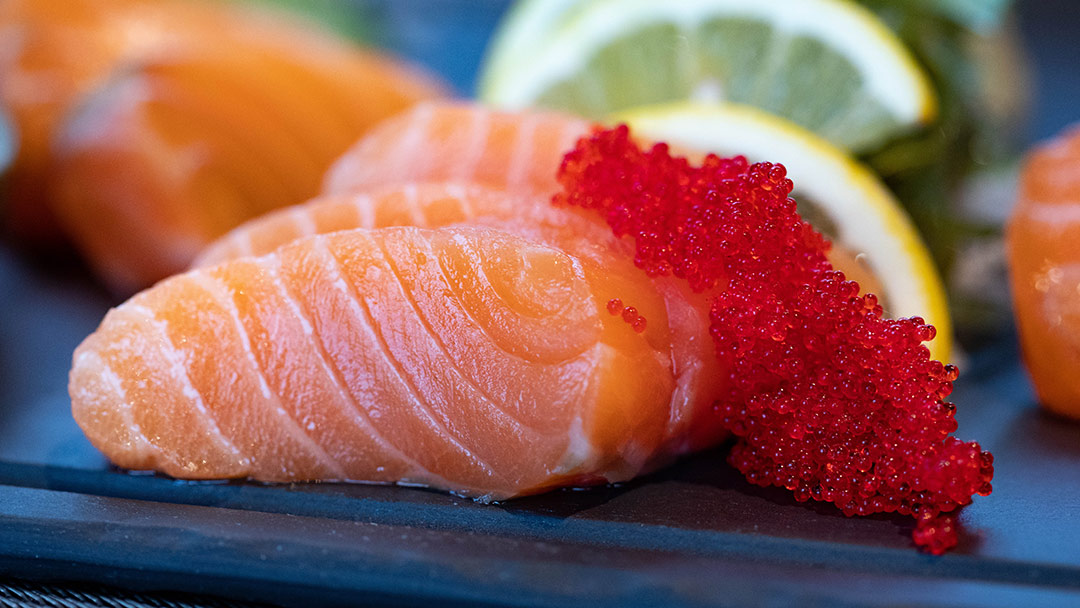
Food sources rich in B-complex vitamins include animal liver, egg yolk, fish, pork, milk, grains, legumes, peanuts, and walnuts. Foods high in vitamin B6 include chicken, fish, corn, animal liver, and wheat.
2. Vitamin D
Vitamin D promotes the growth, differentiation, and immune function of skin cells, which helps ensure healthy hair growth. It also makes hair follicles strong and resilient rather than fine and soft.
Vitamin D deficiency is rare and typically resolved by increased sun exposure, which makes the human body synthesize this nutrient. Food sources high in vitamin D include oily fish, animal liver, egg yolks, and fish oil.
To prevent a vitamin D deficiency, consume these foods regularly and get plenty of sunlight exposure.
3. Vitamin A
Vitamin A regulates the secretion of sebum, promotes healthy hair follicles, and prevents scalp flakiness and dry hair. Foods rich in vitamin A include carrots, broccoli, animal liver, and spinach.
Excessive intake of vitamin A may cause hair loss, but this is a reversible phenomenon. Consumption restraint can reverse the effect.
4. Vitamin E
Vitamin E is a critical antioxidant that helps slow down aging, prevents hair aging, promotes cell division, and enhances hair growth, thus helping to prevent and slow down hair loss.
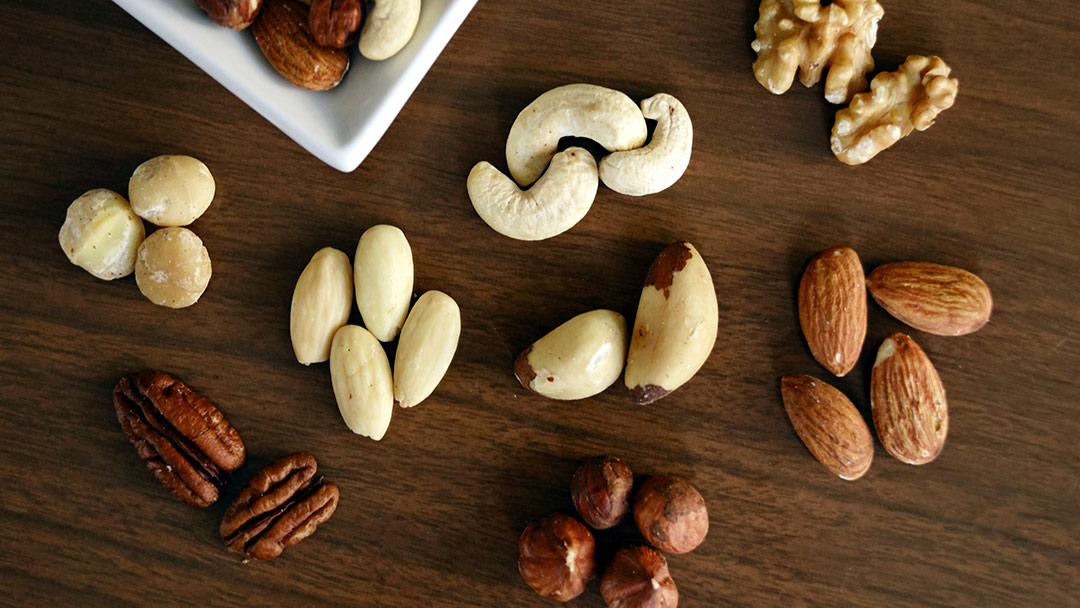
Vitamin E is readily available in food and can be applied topically. Adding vitamin E while washing hair enhances hair health.
Food sources high in vitamin E include lean meat, milk, eggs, sesame, nuts, vegetable oils, grains, and wheat germ.
5. Iron
Iron is a vital micronutrient that participates in the production of human red blood cells. It is equally essential for hair health. Insufficient iron intake slows hair growth, affects keratin synthesis, and can lead to diffuse hair loss, alopecia, and extensive hair shedding.
Consuming iron-rich foods like pig blood, liver, fish, egg yolks, kelp, and wood ear mushrooms can help prevent these problems and keep hair healthy.
6. High-quality Protein
Hair primarily consists of protein, and low protein intake, especially a lack of high-quality protein, can significantly affect hair health. It can lead to dry, brittle, and thin hair that falls out or turns gray.
To prevent hair loss and keep hair healthy, supplement your protein intake, particularly with high-quality protein. Fish, milk, beans, and soy products are rich in high-quality protein. For meat, opt for fish, and for plant protein, choose soybeans and soy products.


